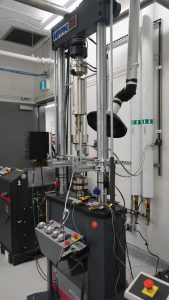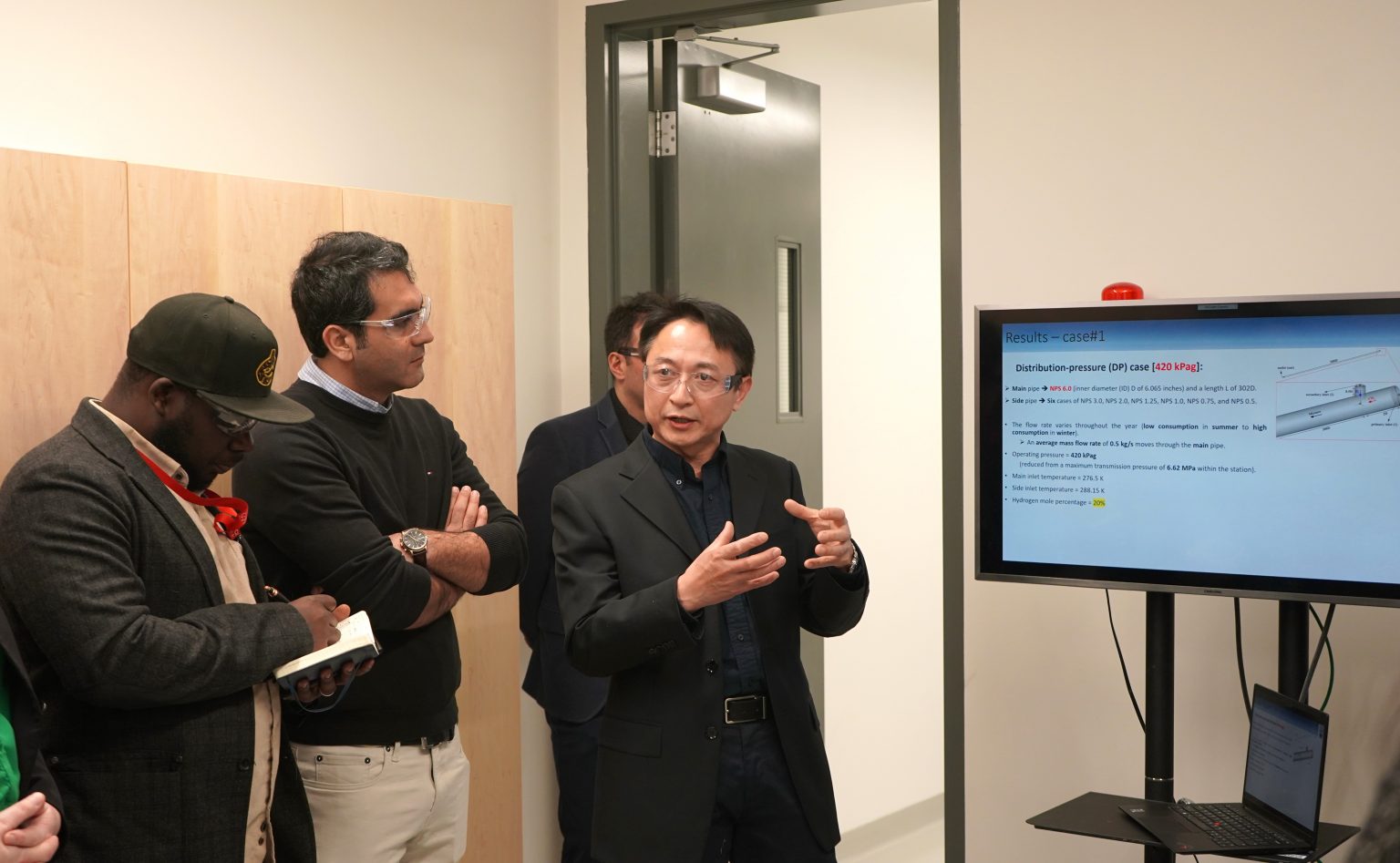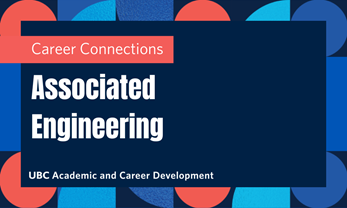
Vishnu Priya Tripathi is currently completing her Master of Engineering (MEng) at UBC Okanagan.
Vishnu Priya Tripathi is a mechanical engineering graduate and sustainability advocate, currently pursuing her Master’s degree at The University of British Columbia (2023-2025).
With a strong background in product design, manufacturing, and mechatronics, she has worked with industry leaders such as Schneider Electric, CNH Industrial, and Luminous Power Technologies. She is passionate about creating innovative, sustainable solutions that drive efficiency and environmental responsibility.
As a Teaching Assistant at UBC, she enjoys mentoring students and fostering hands-on learning in advanced manufacturing and CAD/CAM. Her enthusiasm for problem-solving, continuous learning, and helping others makes her a dynamic professional in the field of mechanical engineering.
Tell us a bit about yourself
I am Vishnu Priya Tripathi, an enthusiastic and results-driven mechanical engineer with a passion for sustainability and innovation. My journey in engineering has been shaped by five years of industry experience across product development, manufacturing techniques, and control system design, working with companies like Schneider Electric and CNH Industrial.
At UBC, I am expanding my expertise in advanced manufacturing and sustainable engineering solutions while mentoring students as a Teaching Assistant. I am a quick learner who thrives in collaborative environments, always eager to help others and share knowledge. My work is driven by a deep commitment to solving real-world problems with efficiency, creativity, and environmental consciousness. Whether designing energy-efficient systems or optimizing production processes, I aim to make a meaningful impact through technology and innovation.
What drew you to UBC Okanagan and the School of Engineering?
UBC Okanagan’s strong reputation for cutting-edge research, world-class faculty, and a student-focused learning environment made it my top choice for pursuing a Master’s degree in Mechanical Engineering. The UBC brand name is recognized globally for its commitment to academic excellence, sustainability, and innovation, making it an ideal place for engineers who want to drive meaningful change.
What truly stood out to me was the School of Engineering’s interdisciplinary curriculum, which blends theoretical knowledge with hands-on experience.
The program’s emphasis on project-based learning, industry collaborations, and advanced research in areas like robotics, mechatronics, and sustainable manufacturing perfectly aligns with my passion for engineering solutions that have a positive environmental and social impact.
Additionally, the professors at UBC Okanagan are known for their supportive and engaging teaching methods, which I also experienced firsthand as a student and Teaching Assistant. The university fosters a culture of mentorship, teamwork, and continuous learning, providing a strong platform to develop technical expertise and soft skills.
UBC Okanagan also offers excellent career opportunities, with strong industry connections and a growing innovation ecosystem that supports students in transitioning from academia to impactful professional roles. Overall, the supportive environment, research excellence, and opportunities for growth made UBC Okanagan the perfect place for me to advance my career in mechanical engineering and sustainability.
What was the most rewarding aspect of your time at UBCO?
 My time at UBC Okanagan has been an incredibly transformative and rewarding journey, both professionally and personally. One of the biggest highlights has been learning advanced control systems, which expanded my understanding of robotics, automation, and system optimization—a skill set that has opened doors to cutting-edge engineering applications.
My time at UBC Okanagan has been an incredibly transformative and rewarding journey, both professionally and personally. One of the biggest highlights has been learning advanced control systems, which expanded my understanding of robotics, automation, and system optimization—a skill set that has opened doors to cutting-edge engineering applications.
Beyond academics, being part of UBCO’s diverse community has been truly enriching. I’ve had the privilege of making friends from different cultures, backgrounds, and perspectives, which has broadened my global outlook and strengthened my communication and teamwork skills. This experience has also reinforced that learning has no age limit—whether fresh graduates or experienced professionals, we all share the same passion for growth, knowledge, and innovation.
Studying at UBCO has opened global career opportunities, connecting me with leading researchers, industry professionals, and innovative projects.
The exposure to international collaborations has given me the confidence to pursue engineering solutions on a global scale, ensuring that my work has a lasting impact in sustainability and technology.
How did the MEng program prepare you for your current/future work/research/study?
The MEng program at UBC Okanagan has been an invaluable preparation for my career, both through its practical opportunities and its industry-aligned curriculum. One of the key aspects was the co-op program, which provided me with hands-on experience in a Canadian industry setting. This opportunity allowed me to apply theoretical knowledge to real-world problems, helping me build the confidence and skills needed to thrive in a professional environment.
The program’s structure, with its 10 specialized courses, offered me the chance to deeply explore various areas of engineering, including control systems, mechatronics, and product design. Each course was designed with input from industry leaders, ensuring that the content is highly relevant and reflective of the latest trends and practices in the field. This industry-driven approach has allowed me to develop a strong foundation in the core principles while gaining hands-on experience through projects, which mimic real industry challenges.
Additionally, the program has equipped me with the skills to transition smoothly into the Canadian workforce, providing a competitive edge in terms of both technical expertise and cultural understanding. The opportunity to collaborate with fellow students and faculty, as well as engage in industry-focused projects, has given me the confidence and preparedness to take on leadership roles in engineering and make meaningful contributions to future work and research.
Why did you decide to join the internship?
I decided to join the internship to gain a firsthand glimpse into how the industry works in Canada and to bridge the gap between academic learning and real-world applications. As an international student, it was essential for me to understand local industry standards, practices, and work culture in order to smoothly transition into the workforce. This internship offered me the perfect opportunity to step into the industry, apply my technical skills in a practical setting, and gain insights into the challenges and opportunities that professionals face.
Furthermore, the internship was a crucial step in boosting my career by expanding my professional network, developing my industry-specific knowledge, and enhancing my ability to contribute to cutting-edge projects. The experience has not only allowed me to gain valuable exposure to Canadian engineering practices but also sharpened my skills, positioning me for future success in the highly competitive field of mechanical engineering
How did the internship help you advance your career / achieve your goals?
The internship was a crucial stepping stone in advancing my career and achieving my long-term goals. It provided me with the chance to build professional connections within the industry, allowing me to network with experts and gain valuable insights into the Canadian engineering landscape. This experience also exposed me to the work culture in Canada, where I learned how to effectively collaborate within teams, adapt to dynamic work environments, and communicate with cross-functional groups.
In addition, the internship allowed me to apply the new skills I learned in my Master’s program—such as advanced control systems, mechatronics, and product design—in a real-world setting. This hands-on experience gave me the confidence to work on cutting-edge projects aligned with my career goals in sustainability and innovation. Through the internship, I also learned more about my own capacity to handle complex tasks, manage time effectively, and work under pressure.
The internship not only enriched my technical skills but also expanded my understanding of the industry, setting the stage for future opportunities in both research and practice. It has positioned me to take on more challenging roles and made me confident in pursuing my professional aspirations.
What did the professional development opportunities mean to you?
The professional development opportunities I had during my time at UBC Okanagan were incredibly meaningful and pivotal in shaping my career.
These opportunities allowed me to gain practical experience, expand my knowledge beyond the classroom, and develop the critical skills required to excel in the professional world. Through the co-op program, internships, and mentorship, I was able to engage with industry leaders and learn about the latest technologies and best practices in engineering, specifically in sustainability, robotics, and mechatronics.
The chance to participate in workshops, technical competitions, and networking events also helped me build confidence in my abilities while refining my leadership and communication skills. These experiences allowed me to not only enhance my technical expertise but also to cultivate a growth mindset—constantly pushing me to adapt and learn from both successes and setbacks.
Overall, the professional development opportunities were essential in preparing me for the real world, ensuring that I am not only a capable engineer but also someone who can make a positive impact in the industry and drive sustainable solutions that benefit society.
What advice do you have for incoming students to the MEng program?
My advice for incoming students to the MEng program at UBC Okanagan is to stay passionate about what you want to achieve and decide your goals early. Having a clear vision will help you stay focused and motivated throughout the program. Don’t hesitate to learn from your professors and mentors—they bring immense knowledge and experience that can help you navigate both academic challenges and real-world applications. Absorb as much as you can from them, and don’t shy away from seeking guidance when needed.
At the same time, remember to enjoy your time at UBCO. Take the opportunity to build lasting friendships, explore different cultures, and be open to diverse perspectives. UBCO is not just an academic institution; it’s like a family, where everyone supports each other and grows together.
Lastly, work on both technical and soft skills—both are equally important to excel. While technical expertise is critical, developing strong communication, leadership, and teamwork skills will set you apart in your career. Stay curious, stay engaged, and use every opportunity to learn, grow, and contribute.
What do you like most about your current role or career path?
What I love most about my current role is the opportunity to work on innovative projects that push the boundaries of what’s possible. Being part of the R&D team, I get to explore new technologies and challenge myself every day to solve complex problems that have real-world applications. The constant exposure to new ideas, tools, and techniques keeps me motivated and excited about what comes next.
I genuinely believe that my passion for innovation is what drives me, and I can’t imagine doing anything else. If I weren’t an engineer working in research and development, I honestly don’t know what I would be.
The ability to shape the future with cutting-edge solutions and contribute to sustainable development is truly fulfilling. It’s a path where I can continuously grow, learn, and make a significant impact, and that’s what makes it so rewarding for me.
What are your future aspirations?
My future aspirations are to continue growing as a technical expert in my field, particularly in sustainability, innovation, and engineering design. I aim to take on roles where I can leverage my technical expertise to solve complex, real-world challenges and drive cutting-edge solutions that make a positive impact on both the industry and society.
In addition to technical growth, I strive to remain a grounded and kind human, someone who fosters a culture of collaboration, empathy, and mentorship. I believe that true success comes not only from knowledge and skills but also from the ability to uplift others, share knowledge, and contribute to a positive work environment.
Ultimately, I envision myself in a leadership position where I can both drive innovation and help shape the next generation of engineers, guiding them as they navigate their own paths to success.
Anything else you’d like to include?
I would like to emphasize the importance of continuous learning and adaptability in my career journey. The engineering field is constantly evolving, and I believe that staying curious and open to new ideas is key to long-term success. I am passionate about making a positive impact through innovative solutions that prioritize sustainability and efficiency.
Additionally, I am deeply committed to giving back to the community. Whether through mentorship, knowledge sharing, or supporting diverse initiatives, I believe it’s important to use one’s skills to help others and contribute to the betterment of society. My experiences, both academic and professional, have shaped my understanding of how critical it is to be not just a skilled engineer but also a responsible and compassionate individual in a rapidly changing world.
In the future, I look forward to embracing new challenges and opportunities, continuing to learn, and making a lasting difference in my field and the world at large.

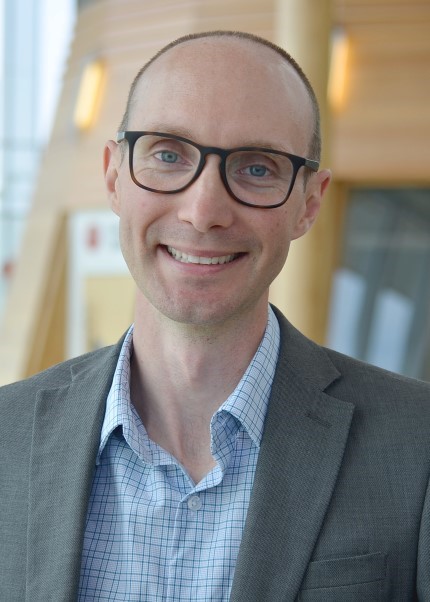

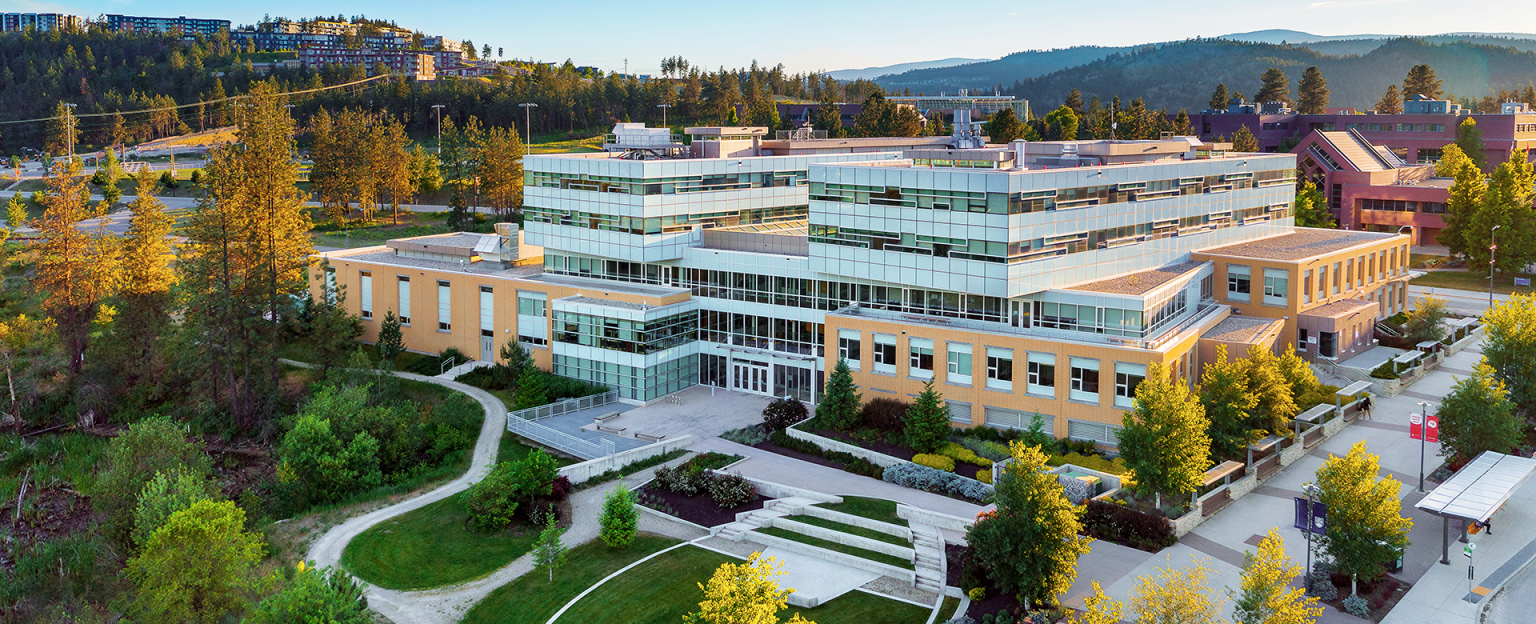
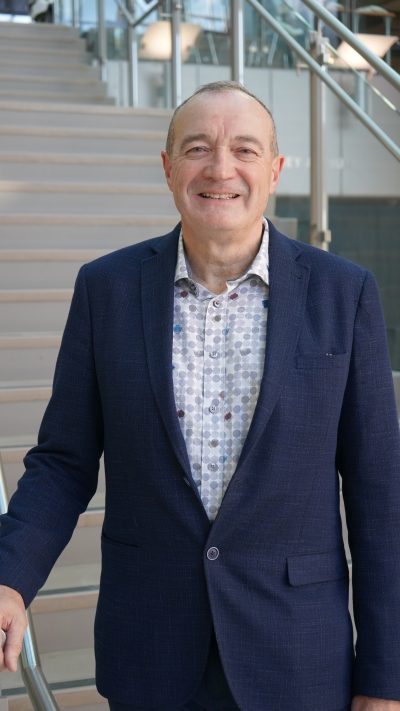
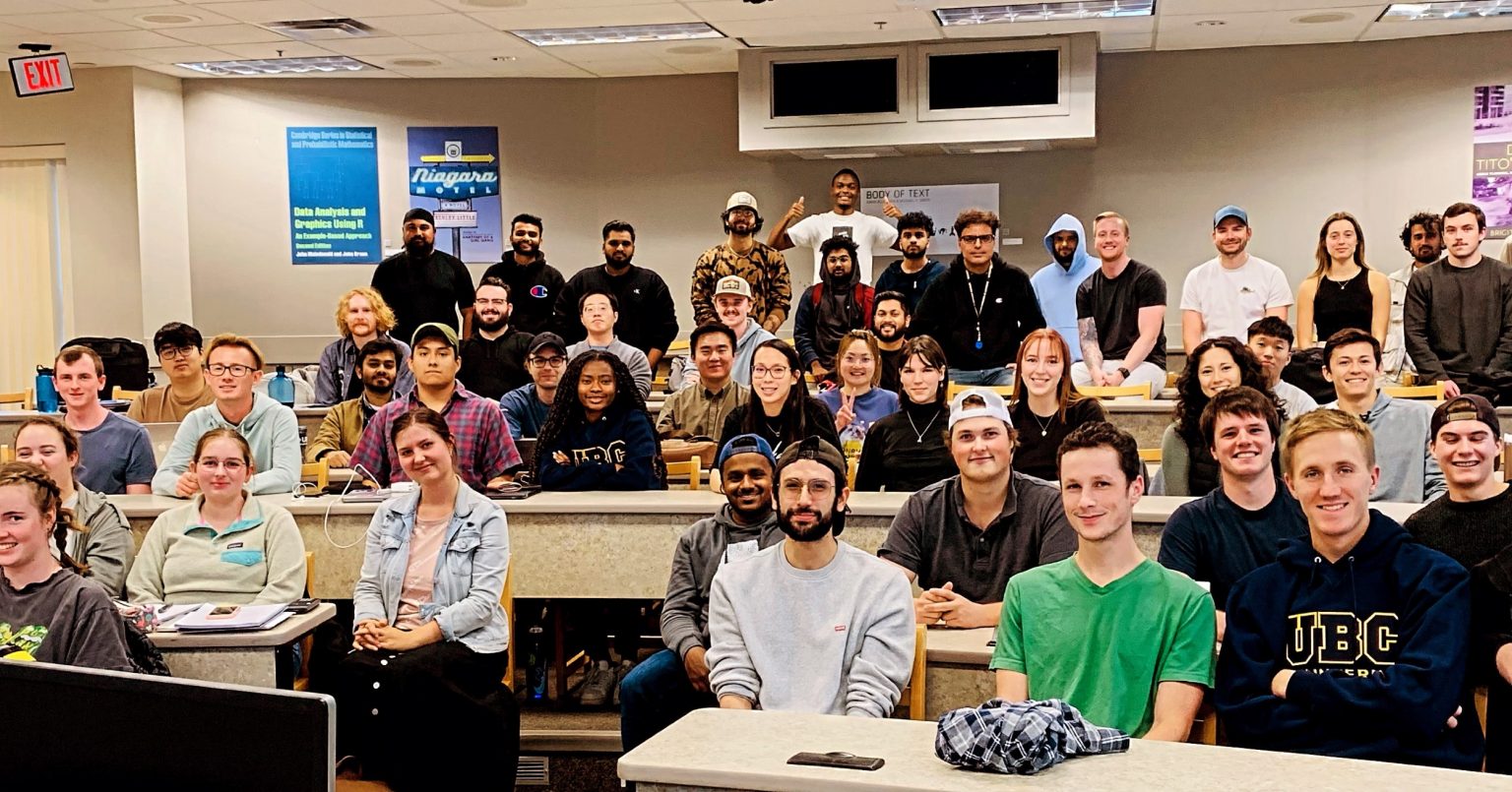
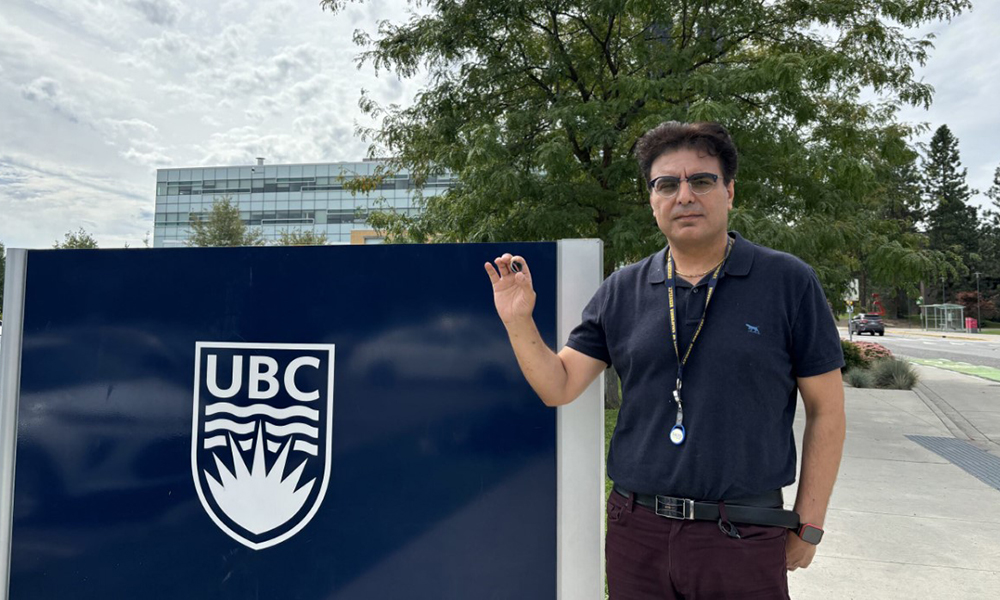
 Receiving UBCO’s 2024/25 Outstanding Instructor Award is truly an honor and a humbling experience. Teaching has always been more than just a responsibility for me, it’s a passion and a privilege.
Receiving UBCO’s 2024/25 Outstanding Instructor Award is truly an honor and a humbling experience. Teaching has always been more than just a responsibility for me, it’s a passion and a privilege.
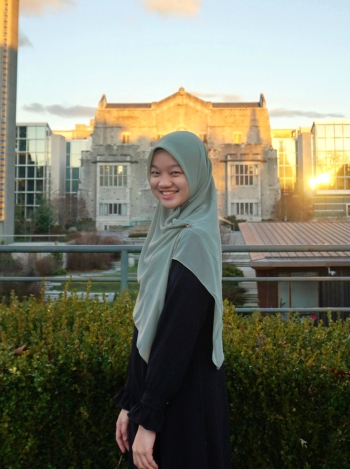
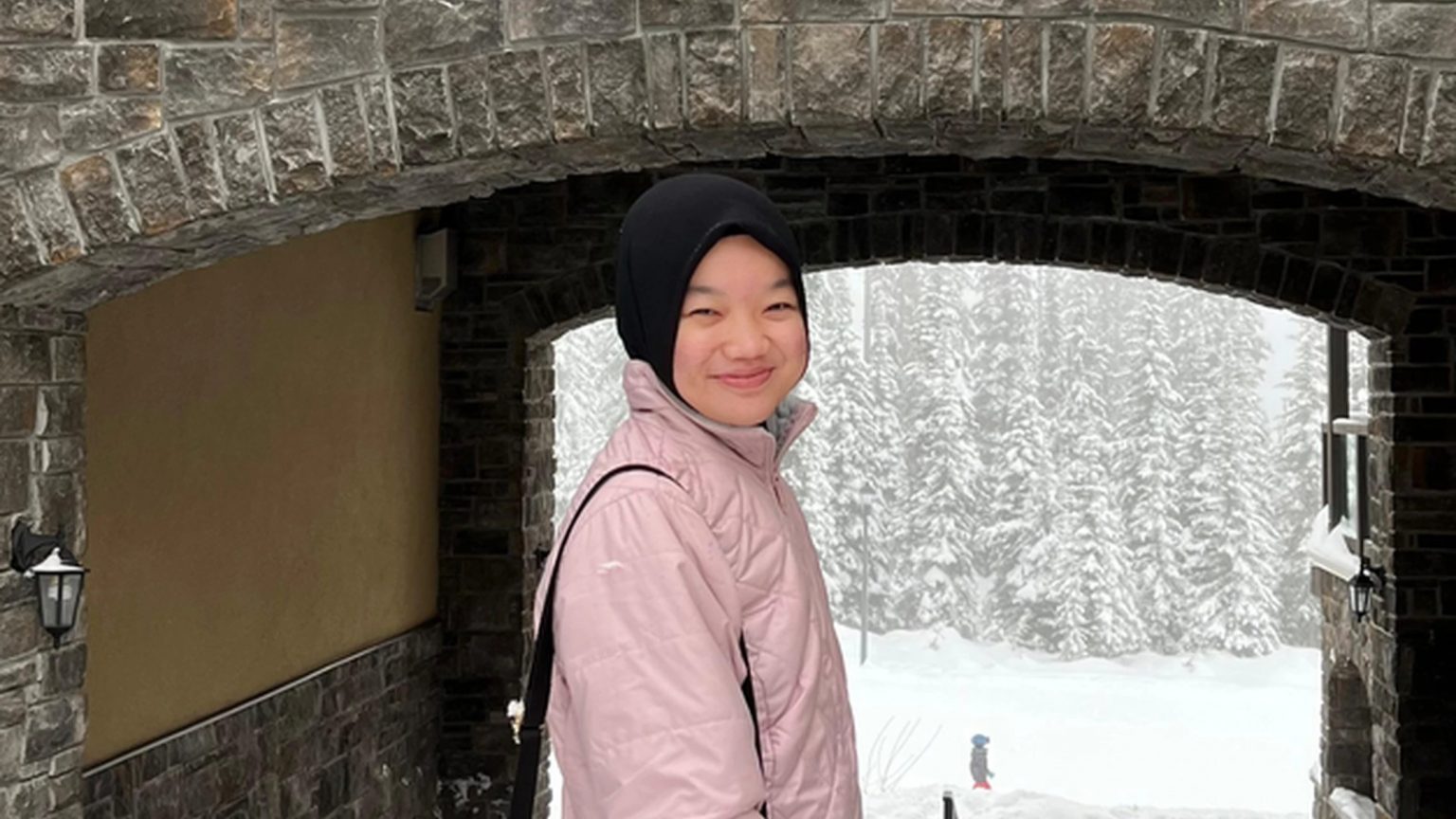

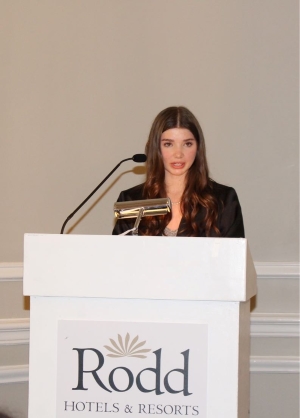 I wanted to challenge myself academically, so I pursued an IB diploma. With only 30-50 students in my province taking IB, this achievement demonstrated my ability to pursue an academically rigorous program.
I wanted to challenge myself academically, so I pursued an IB diploma. With only 30-50 students in my province taking IB, this achievement demonstrated my ability to pursue an academically rigorous program.
 My time at UBC Okanagan has been an incredibly transformative and rewarding journey, both professionally and personally. One of the biggest highlights has been learning advanced control systems, which expanded my understanding of robotics, automation, and system optimization—a skill set that has opened doors to cutting-edge engineering applications.
My time at UBC Okanagan has been an incredibly transformative and rewarding journey, both professionally and personally. One of the biggest highlights has been learning advanced control systems, which expanded my understanding of robotics, automation, and system optimization—a skill set that has opened doors to cutting-edge engineering applications.

